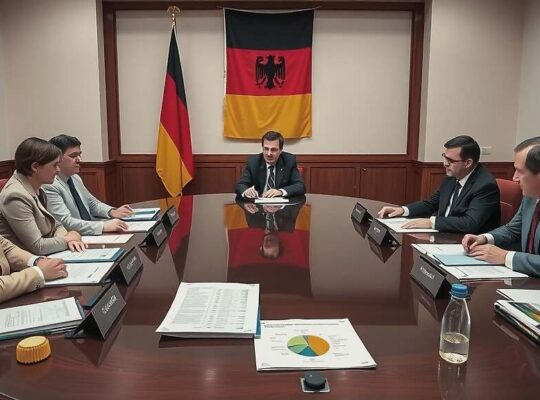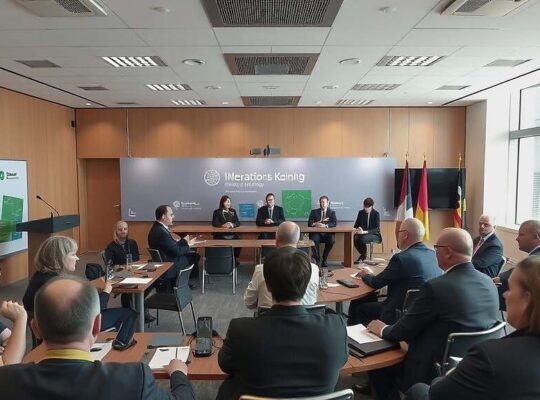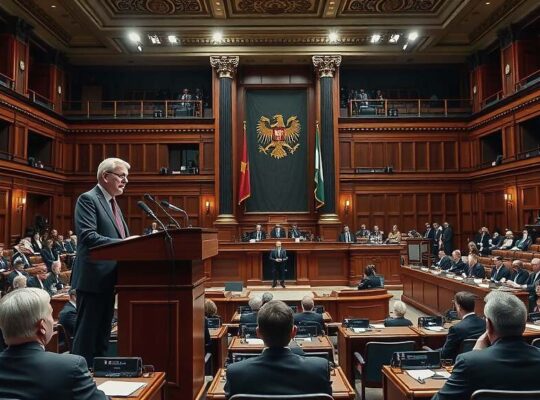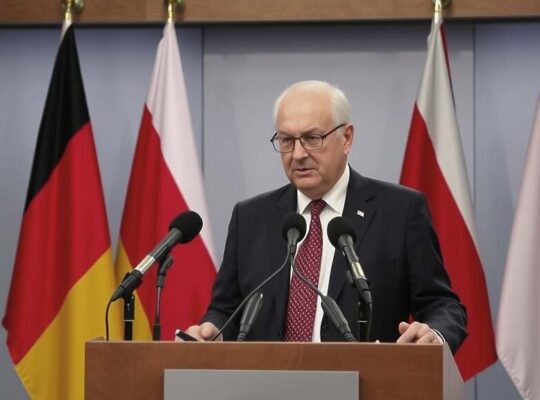Germany is launching a substantial Raw Materials Fund, spearheaded by Minister for Economic Affairs, Katherina Reiche (CDU), in a strategic move aimed at diminishing the nation’s reliance on Chinese supply chains for crucial resources. The initiative, revealed in a report by “Bild”, signals a significant shift in Berlin’s industrial policy and reflects growing concerns about geopolitical risk.
The fund, projected to reach a total volume of €1 billion by 2029, will initially focus on securing access to lithium within the Upper Rhine Valley, with an initial investment of €50 million escalating to a potential €150 million. Private investors have committed an additional €1.9 billion to support these ventures, demonstrating a perceived opportunity in mitigating supply chain vulnerabilities.
Beyond lithium, the fund will also target copper and gold mining projects in Canada, earmarking up to €150 million for projects boasting a total value exceeding €500 million. Further investments are slated for rare earth element extraction in Australia, with a proposed allocation of up to €100 million, supplemented by €1.7 billion in private capital.
“We are not standing idly by” Reiche told “Bild”, emphasizing the government’s proactive response to the complex relationship with China. While the move is presented as a powerful demonstration of the federal government’s ability to leverage private capital – with a claimed ratio of one Euro invested by the government for every nine committed by private investors – critics are already questioning the long-term sustainability and potential inefficiencies of such a centrally managed fund.
Concerns revolve around the government’s capacity to effectively oversee and manage investments in often politically sensitive and environmentally challenging extractive industries. Furthermore, the reliance on private capital, while providing significant funding, could also introduce conflicting priorities and potential for short-term profit maximization to overshadow long-term strategic objectives. Observers also suggest that the announced investment amounts, while significant, may represent a relatively modest effort to genuinely reshape Germany’s dependence on China, especially considering the scale of its overall imports.
The Fund’s success will hinge not only on securing access to critical raw materials but also on navigating the complex regulatory landscapes and political sensitivities inherent in international resource extraction and ultimately justifying the significant amount of public funds allocated to the project.












